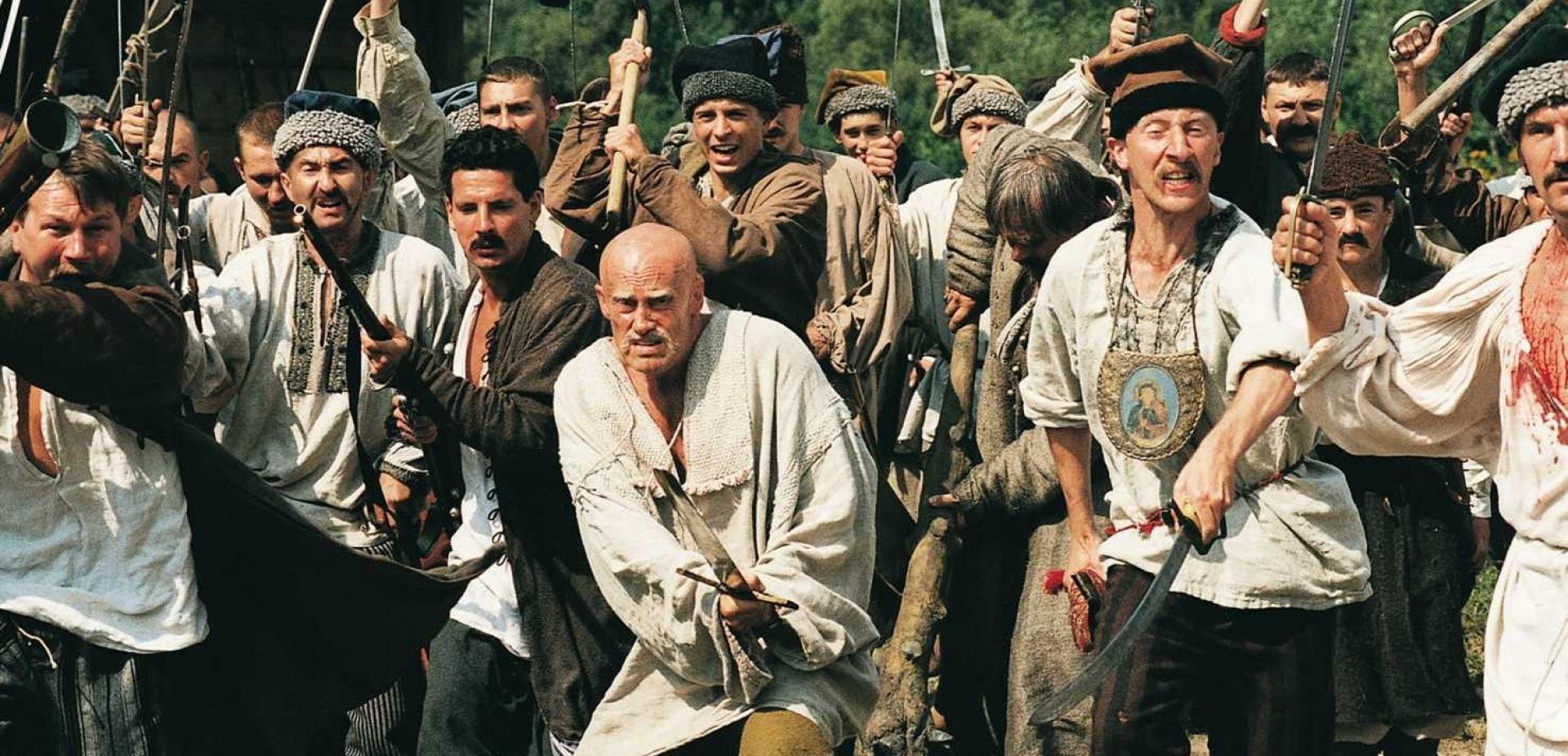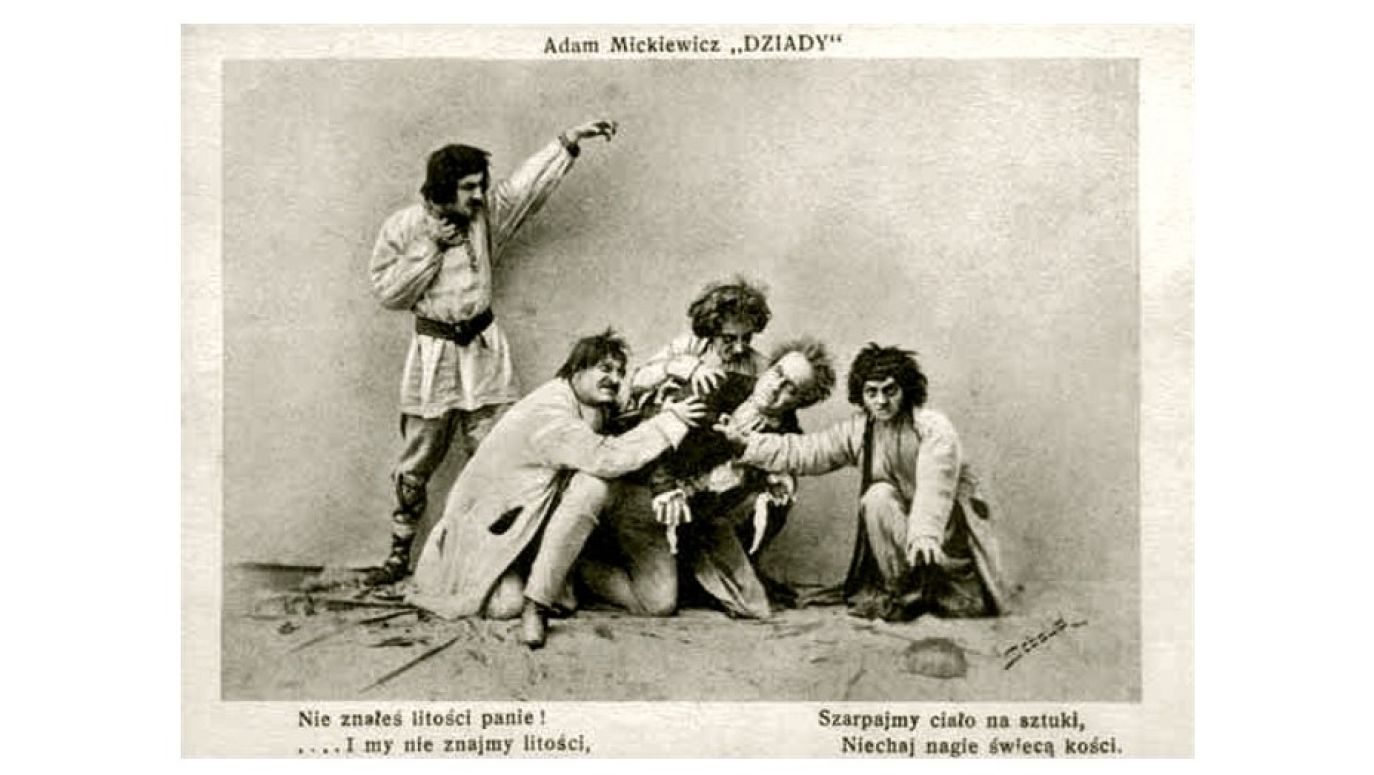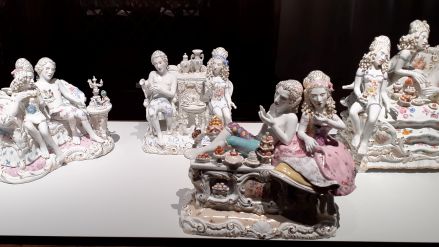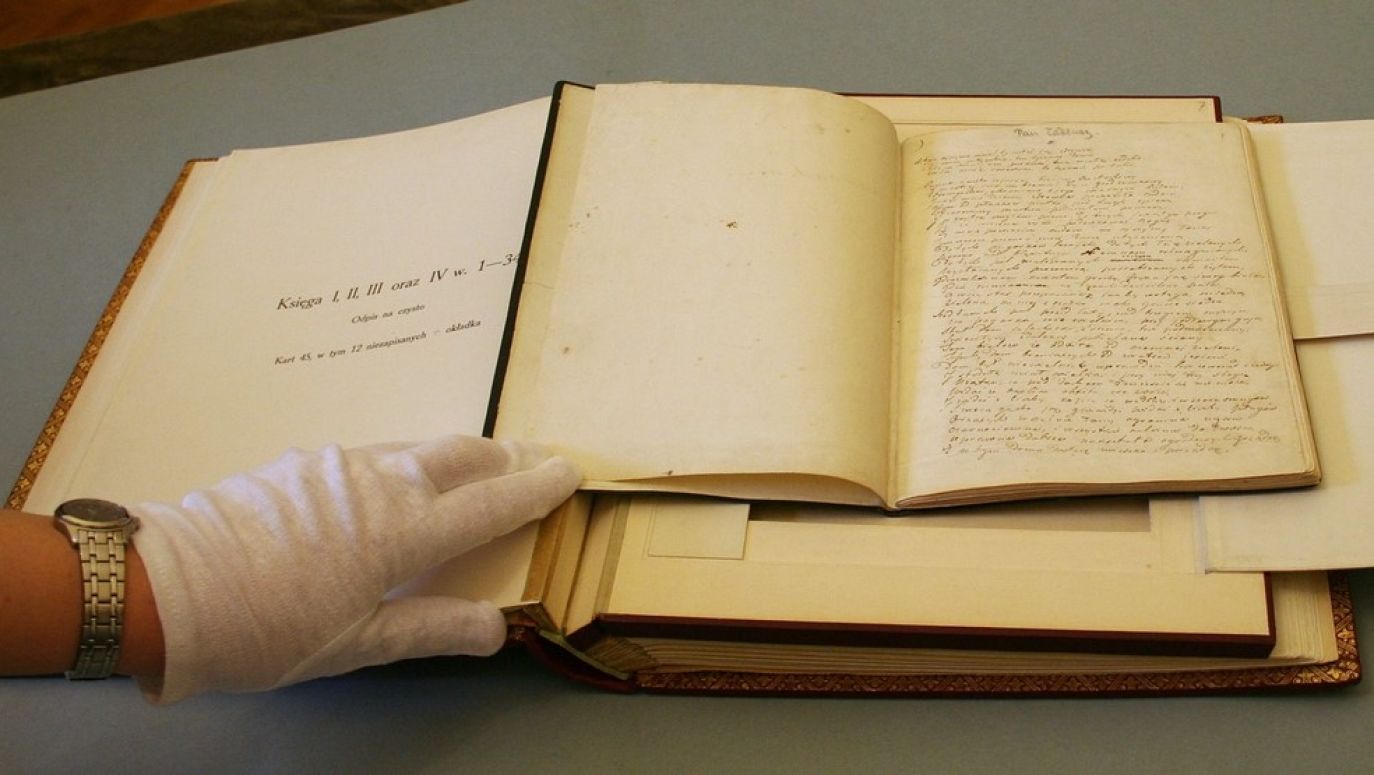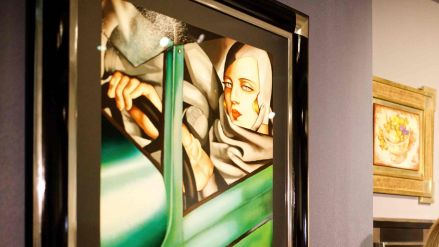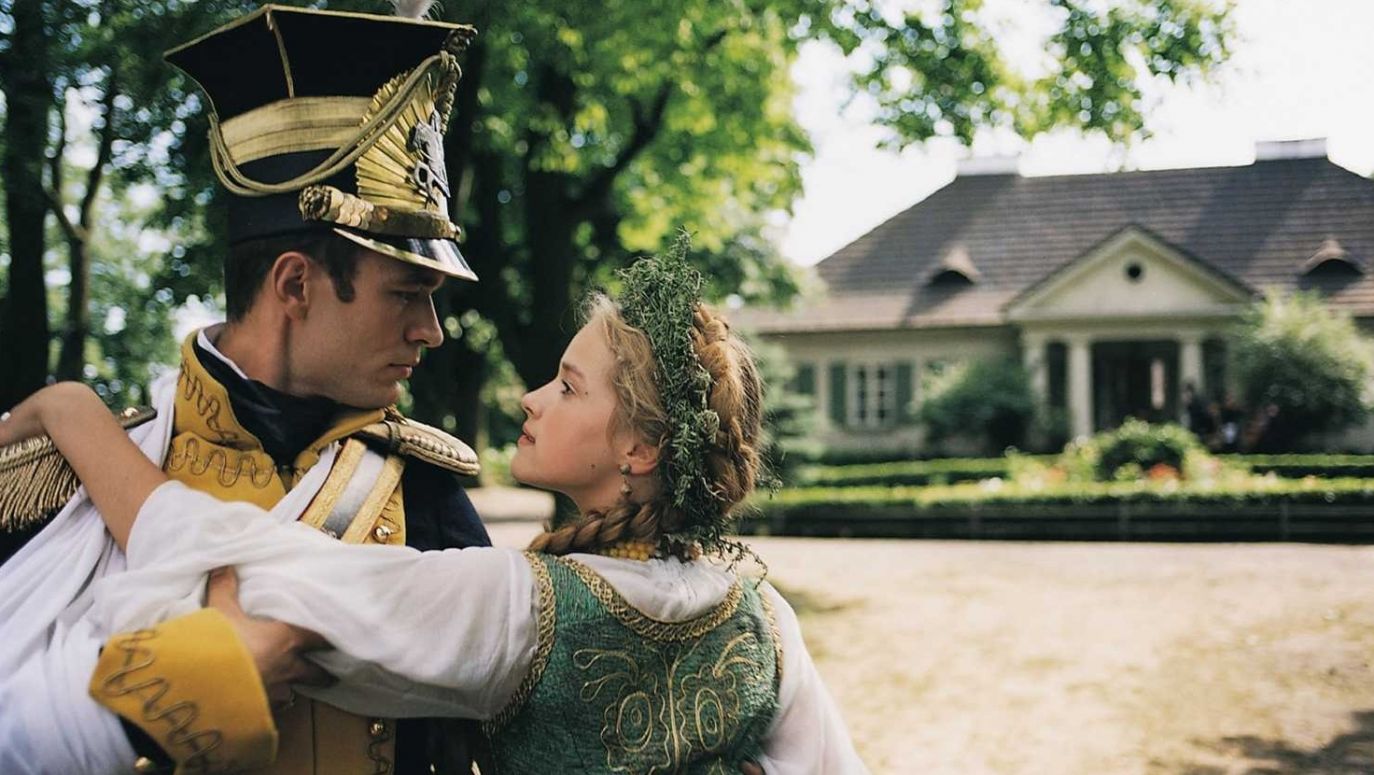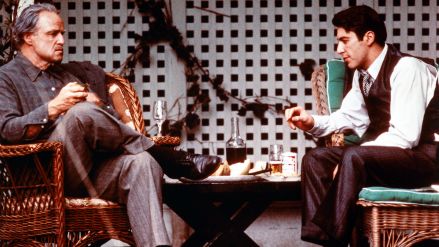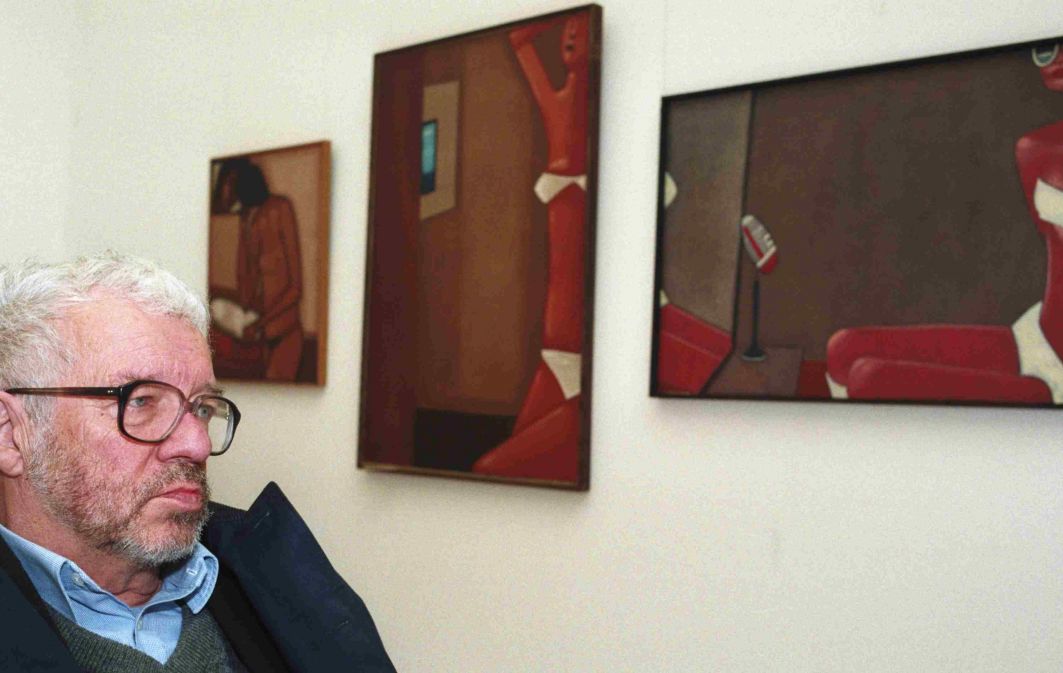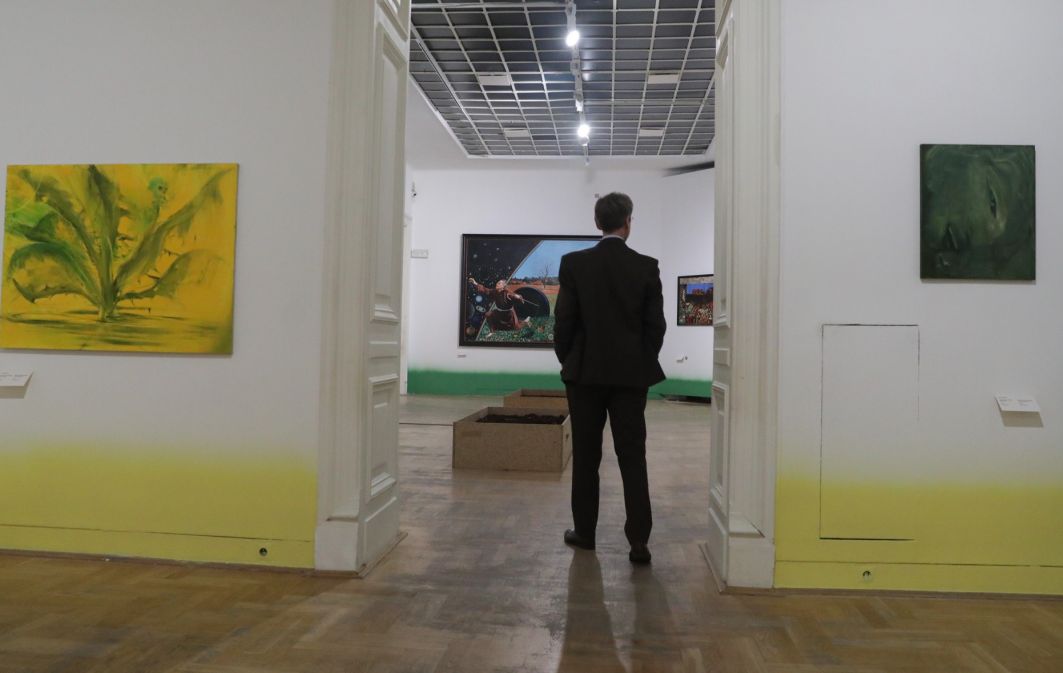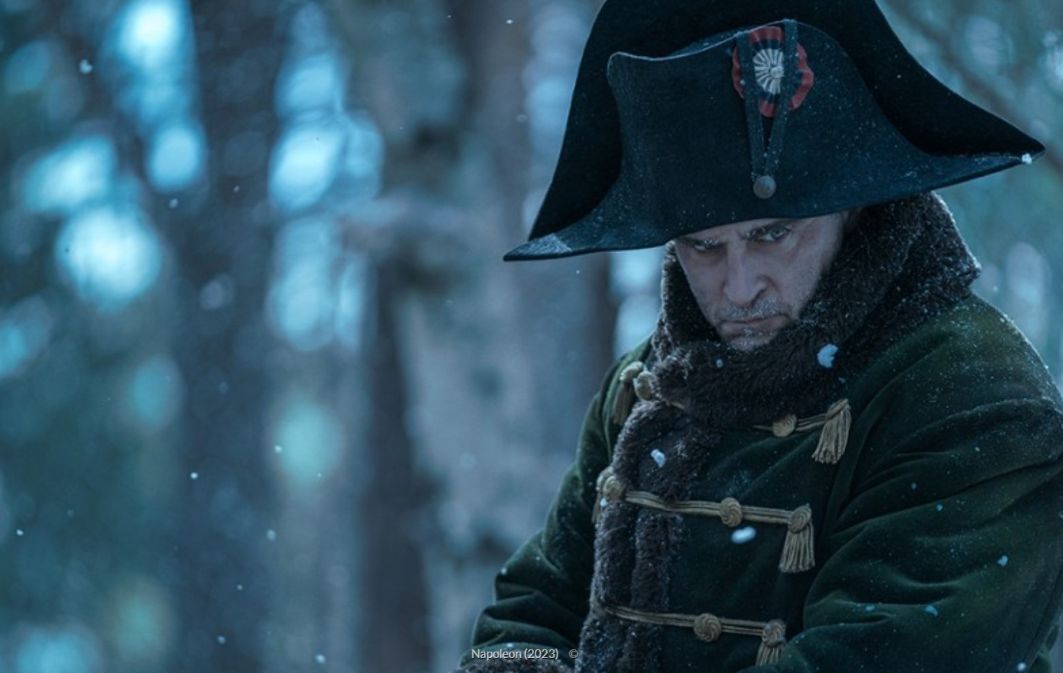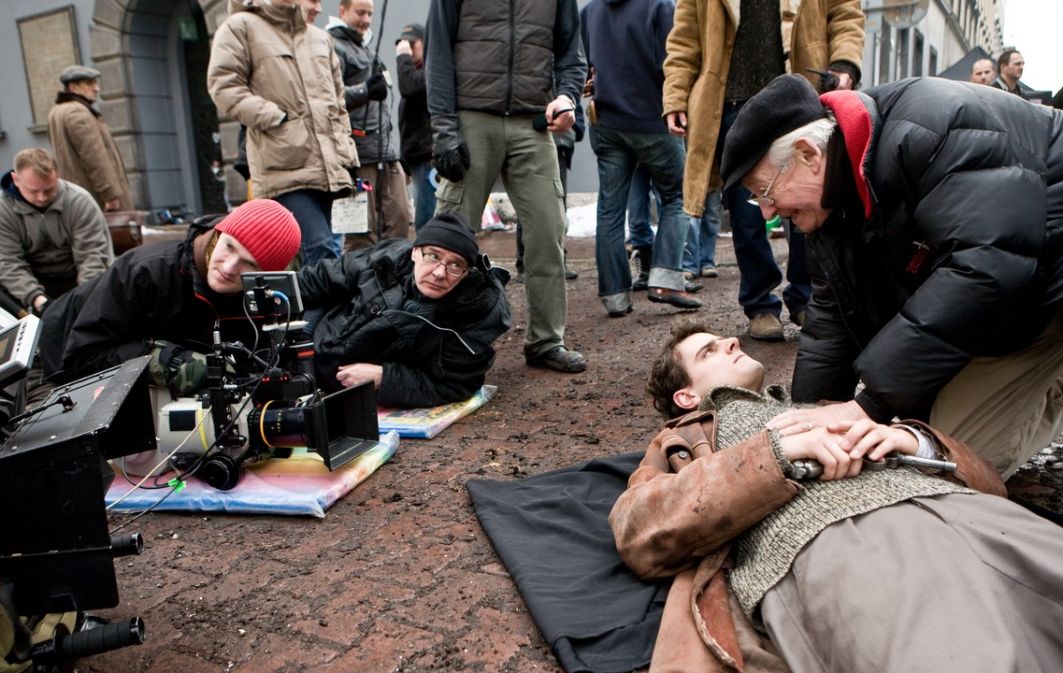In order to convince young people to read, in this case "Mr Thaddeus", Joanna Kwiatkowska tries to inspire them with the richness offered by the poem: "Firstly, it shows our national characteristics. Secondly, the artistic qualities of this reading continue to impress viewers. 'Mr Thaddeus' inspires many artists, musicians, painters... And if someone is not able to read the book, at least let them watch the film. You have to look for a way, because you can't throw 'Mr Thaddeus' out of the reading canon. This is the most important work!'.
And she adds: "I explain to the students that if they take the time to read instead of reaching for the summary, they will never make a cardinal error. This will always pay off. Their knowledge will be incomparably greater than those who read only the summary".
We don't know how many students she has convinced, but Łucja Andrzejczak certainly enjoys reading books, including classics, which, as she points out, allow you to get to know history and learn a lot. Like her Polish language teacher, she says: "Every Pole should know 'Mr Thaddeus', which presents a picture of the nobility, the richness of our tradition, and is also a beautiful story about family and love”.
The "Shrek" baccalaureate
One of the problems of the education system is the level of the Polish Baccalaureate. This is to change from next year, with the entry into force of a new, much more difficult high school leaving exam. "There will be a historical-literary test, the solution of which will require comprehensive knowledge of all the readings, of each epoch. That is why young people cannot avoid reading, because a summary will not replace it", explains Joanna Kwiatkowska, a Polish language teacher.
The essay is to be much more difficult - it is to be longer and you will not be able to refer to films in it, as well as base the essay mainly on any cultural text, which happened in previous years.
"The Polish Baccalaureate needed reform. Classes are getting weaker and students' work is at a lower and lower level. This is due to the fact that students are not reading. I suspect that there will be a high percentage of people who will not pass the new exam... But maybe they will wake up and understand that they have to read to pass it? Let's hope that the new requirements will make them more responsible for preparing for the maturity exam," says the Polish language teacher.
Finally, she adds: "I don't know if this is comforting. But we have to defend the prestige of the baccalaureate, because it is losing its value. It used to happen that someone boasted about having passed high school leaving exam by writing about 'Winnie the Pooh' or 'Shrek'".
– Łukasz Lubański
TVP WEEKLY. Editorial team and jornalists
– Translated by Tomasz Krzyżanowski